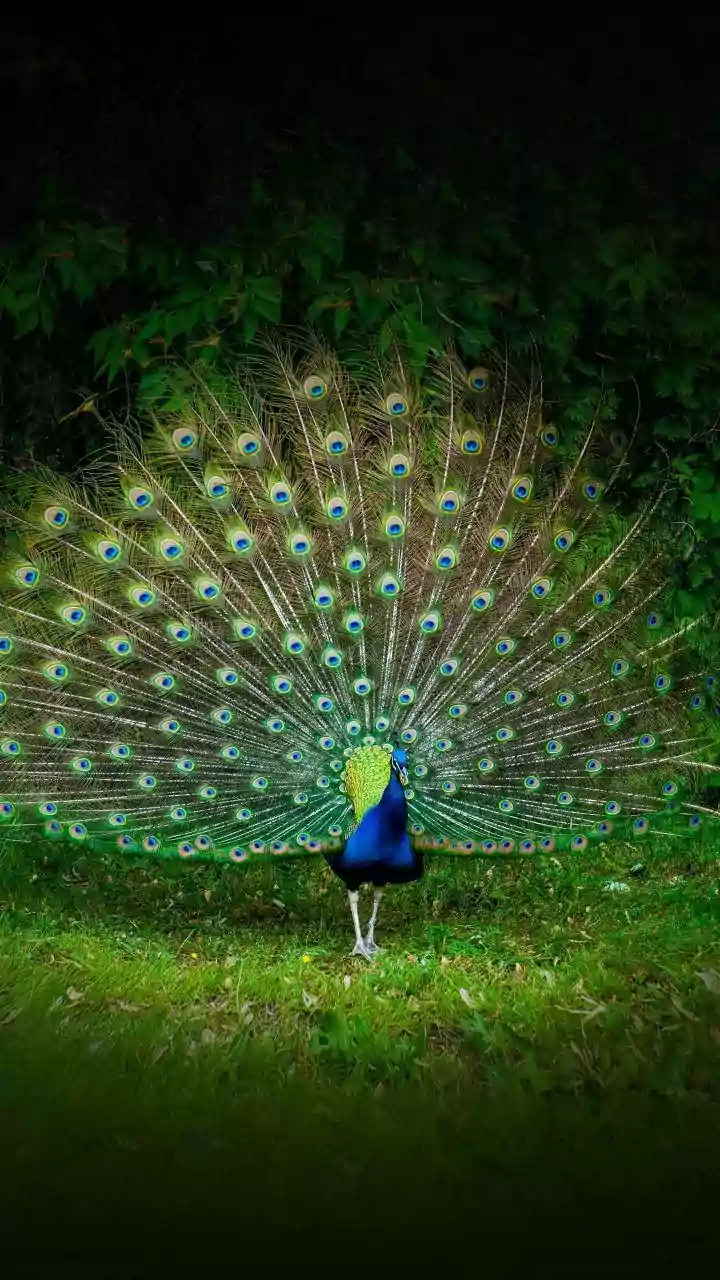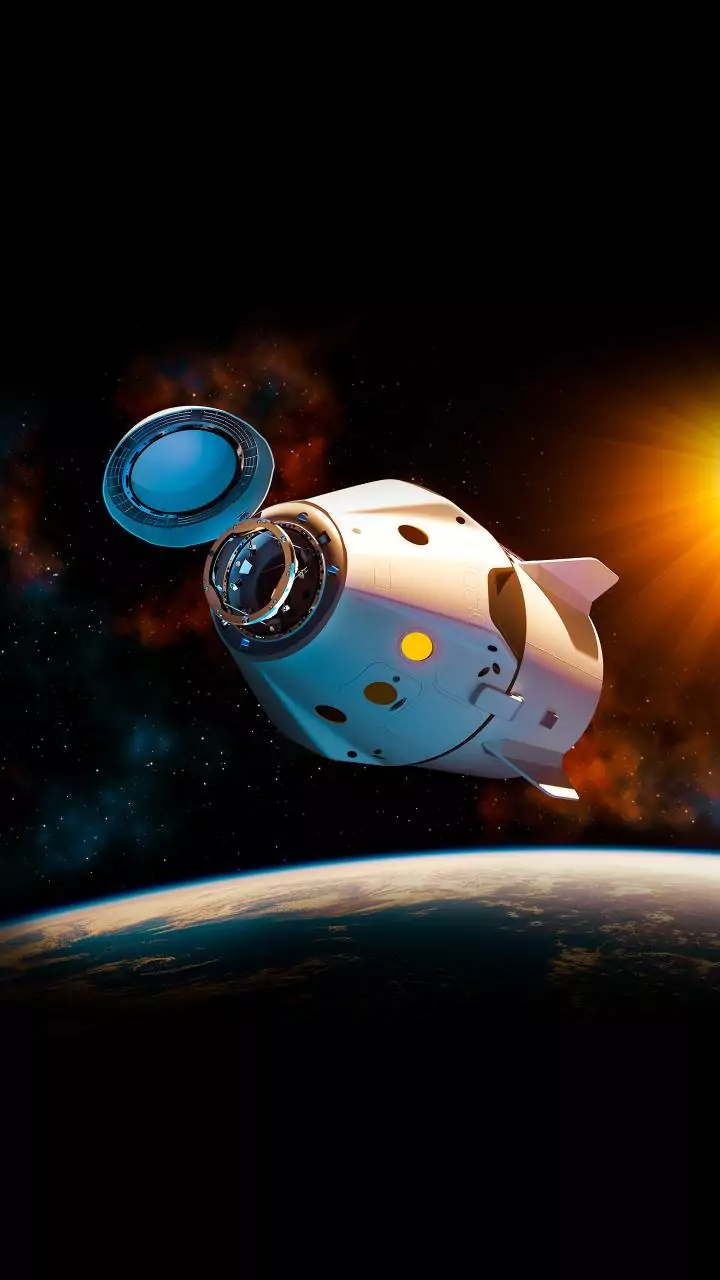Journey into Space
Group Captain Shubhanshu Shukla shared his experience of the Axiom-4 mission at AKTU, focusing on the physical toll space travel takes on the human body.
He illustrated the incredible speeds of space travel, describing how the Blue Dragon capsule travelled at nearly 28,000 kilometers per hour, which is equivalent to covering the distance from Lucknow to Delhi in approximately 60 seconds. Shukla also discussed the harrowing re-entry, where temperatures reached 4,000 degrees Fahrenheit, illustrating the courage required. He spoke of the changes the human body undergoes in microgravity: the head swells, the heartbeat slows, breathing becomes drawn out, and nausea and headaches are common, but that scientific work must continue, and the responsibilities never cease.
Challenges in Orbit
During the 20-day Axiom-4 mission, Shukla highlighted that despite the physiological strains of space, the work had to go on. He explained that the scientific tasks and the need to preserve collected samples were crucial, regardless of the challenges. The re-entry into Earth's atmosphere remained the most dangerous and thrilling aspect of the mission, underscoring the risks involved in returning to Earth. Shukla's description of the conditions, including the extreme heat and the need for unwavering courage, painted a vivid picture of the demanding environment faced by astronauts. This demonstrated the delicate balance between scientific pursuit and the constant dangers of space exploration.
Valuable Life Lessons
A key takeaway from Shukla's experience was the importance of enjoying the journey. He emphasized the value of savoring the process, beyond the goals. He told students, "Goals and dreams are important, but do not forget the enjoyment of the process." Even when working 11-12 hours a day in space, the scientific team found ways to enjoy moments of fun and games. Shukla's words resonated with the students. The message highlighted that success is not just measured by accomplishments, but also by the experiences and enjoyment derived along the way. This philosophy encouraged a balanced approach to achieving aspirations, making the journey as fulfilling as the destination.
India's Space Vision
Shukla offered an inspiring view of India's position in space exploration. He recalled Wing Commander Rakesh Sharma's 41-year-old statement, where India was described as 'saare jahan se achcha'. Shukla saw something new from his perspective, a nation that is bold and courageous enough to dream big. He reflected on India's ambitions and its growth. This comparison demonstrated the evolution of India's space journey. Shukla’s vision highlighted the shift from viewing the nation from a place of pride to a beacon of innovation and daring, encouraging a hopeful outlook for future space endeavors.
AKTU's Space Push
Shukla praised AKTU's initiative to establish Space Excellence Centres on various campuses. He believed that these centers would not only provide advanced training but also facilitate engagement with the industry. Shukla announced a significant step: the university's upcoming MoU with private space companies. He stated that this would create internship opportunities, allowing students to observe the forefront of space technology. This would lead to the creation of more opportunities and ensure that the students could actively participate in the development of the nation's space program. This collaboration could cultivate innovation and the future of space exploration.


















